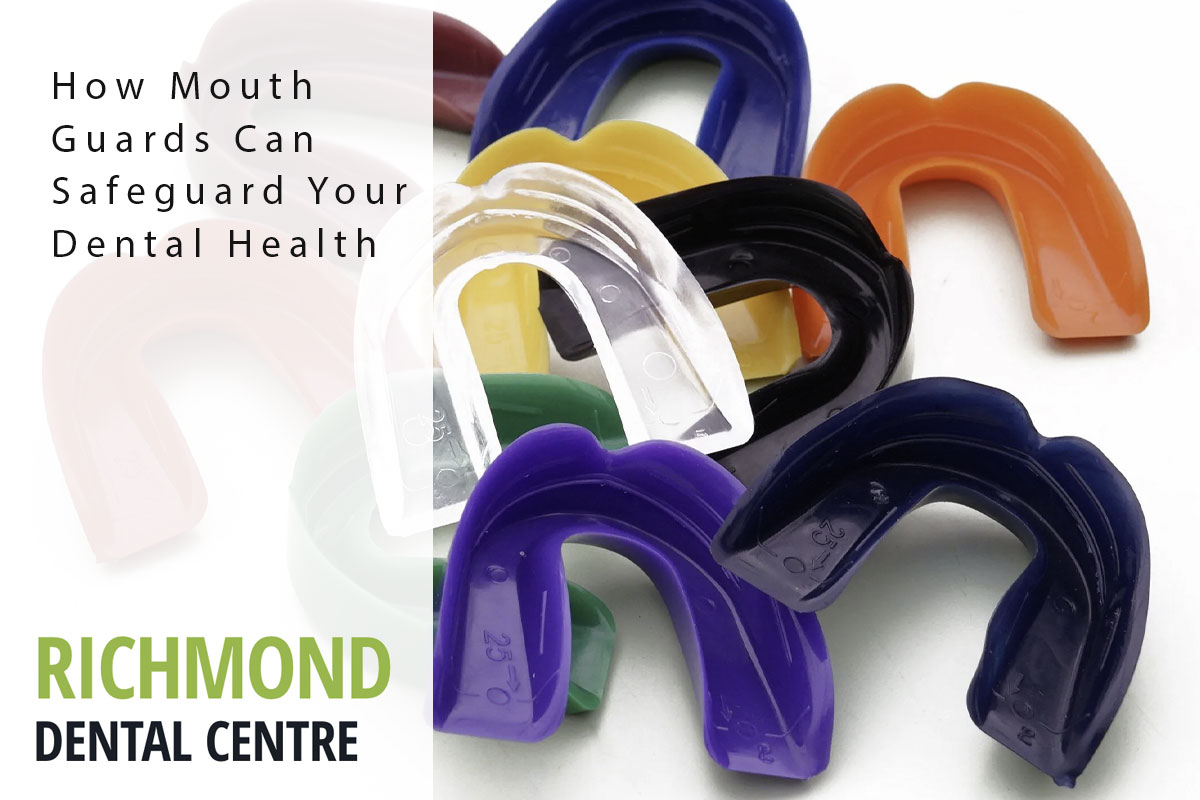Your dental health is valuable, so safeguarding it should be a priority. One straightforward and effective method is wearing a mouth guard. Discover the benefits of mouth guards and why they’re a crucial investment for your dental well-being.
What are mouth guards?
Mouth guards, also known as mouth protectors, are devices worn over your teeth to provide protection against potential injuries. They are typically made from a pliable material that molds to the shape of your teeth, offering a custom fit. Mouth guards act as a cushion, absorbing the impact from sudden blows to the face during sports, preventing injuries to your teeth, lips, and even your jaw.
Benefits of wearing mouth guards
Wearing a mouth guard offers more than just tooth protection. Let’s explore its benefits:
- Preventing Dental Injuries: Mouth guards cushion face blows, reducing the risk of broken or knocked-out teeth and mouth tissue damage, avoiding painful and costly dental treatments.
- Protecting Against Teeth Grinding: They create a barrier between upper and lower teeth, easing the effects of teeth grinding during sleep, which can cause enamel erosion, tooth sensitivity, and jaw pain.
- Preventing Jaw Disorders: Mouth guards support the jaw joint, reducing stress and pressure that can lead to temporomandibular joint (TMJ) disorders, which cause pain, discomfort, and limited jaw movement.
- Enhancing Sports Performance: By minimizing dental injury risks, mouth guards allow athletes to focus on their game, improving breathing and reducing jaw clenching impact, enhancing endurance and concentration during physical activities.
Types of mouth guards
When it comes to mouth guards, you have three main options to consider:
- Stock Mouth Guards: These are pre-formed and ready to use. They’re made from rubber and are the cheapest option. However, they offer the least protection and might not fit well, which can be uncomfortable. They can also interfere with breathing and speaking, so they’re not ideal for high-impact sports.
- Boil-and-Bite Mouth Guards: Made from a thermoplastic material, these soften when heated. You boil them to soften, then bite into them to mold them to your teeth for a better fit. They’re widely available, affordable, and offer better protection than stock mouth guards. However, they may still be less comfortable and less durable.
- Custom-Made Mouth Guards: Considered the best for protection and comfort, these are individually designed and made by a dental professional based on teeth impressions. They offer the best fit, ensuring optimal protection and comfort. Though they’re more expensive, they’re durable and recommended for high-impact sports or severe teeth grinding.
How to choose the right mouth guard for you
Choosing the right mouth guard is crucial for the best protection and comfort. Here are some things to think about:
- Level of Protection: Consider how much impact your activities involve. For high-impact sports, a custom-made mouth guard is best. For less intense activities or mild teeth grinding, a boil-and-bite mouth guard may work.
- Fit and Comfort: Your mouth guard should fit well and feel comfortable. Custom-made ones offer the best fit, but boil-and-bite guards can be okay if molded properly.
- Durability: Think about how often you’ll use your mouth guard. Custom-made ones tend to last longer than stock or boil-and-bite guards.
- Maintenance: Look for a mouth guard that’s easy to clean to keep it hygienic. Custom-made guards often come with a case and cleaning instructions.
- Budget: Consider your budget. Custom-made guards are pricier but offer top-notch protection. If cost is a concern, boil-and-bite guards are more affordable.
Proper care and maintenance of mouth guards
To keep your mouth guard clean and in good shape, follow these easy tips:
- Rinse Before and After Use: Rinse your mouth guard with cold water before and after each use to remove debris and saliva.
- Brush Gently: Use a soft toothbrush and non-abrasive toothpaste to gently brush your mouth guard, removing plaque and bacteria. Avoid hot water, as it can warp the shape.
- Store Properly: After cleaning, store your mouth guard in a clean, dry case to prevent bacterial growth and damage.
- Avoid Heat: Keep your mouth guard away from heat sources like hot surfaces or direct sunlight to avoid distortion.
- Check for Damage: Regularly inspect your mouth guard for cracks, holes, or changes in fit. If you notice any, it’s time for a replacement.
Protect your smile with a mouth guard
Wearing a mouth guard is an easy way to protect your dental health, whether you’re into high-impact sports or dealing with teeth grinding. It prevents dental injuries, eases teeth grinding effects, and can even boost sports performance while preventing jaw disorders. When choosing, consider protection level, fit, durability, maintenance, and budget. Invest in your dental health and well-being by getting a mouth guard today to ensure your smile stays protected. Book an appointment today by calling Richmond Dental Centre at (604) 273-3368.







